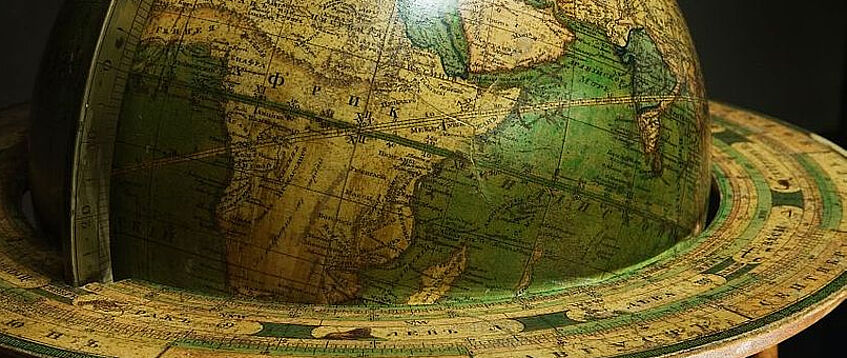Geography

Comprehensive view of the world
Geography traditionally opens the view of our world from two directions: from the natural sciences as well as from the social sciences. The combination of both directions helps to comprehensively approach societal challenges such as migration, natural hazards or urban development as well as to study processes in their multifaceted nature and to analyze the mutual influence of different phenomena.
Students gain insights and methodological skills in physical geography (e.g. climate, water, soils), human geography and spatial planning (e.g. population, rural areas, and regional development), and cartography and geoinformation. Geomorphology and risk research, geoecology, social and economic geography, population and urban research, and regional research are also topics, as are the use of geodata for modeling and visualization or methods and concepts of spatial planning - depending on the focus of the course.
Students of geography learn to examine natural, cultural and socio-spatial developments and to find solutions for dealing with these developments in society. They are enabled to qualitatively and quantitatively record, visualize, explain, evaluate and forecast the spatial consequences of physical, social, economic and cultural processes and their interactions.
Range of degree programmes
- Bachelor's programme in Geography (german only)
- Master's programme "Geography: Global Change and Sustainability"
- Doctoral programme with the field of doctoral research Geography
Contact
- StudiesServiceCenter
- Directorate of studies 29: Geography
- Directorate of doctoral studies 45: Earth Sciences, Geography and Astronomy
- Students' representatives
- Department of Geography and Regional Research
